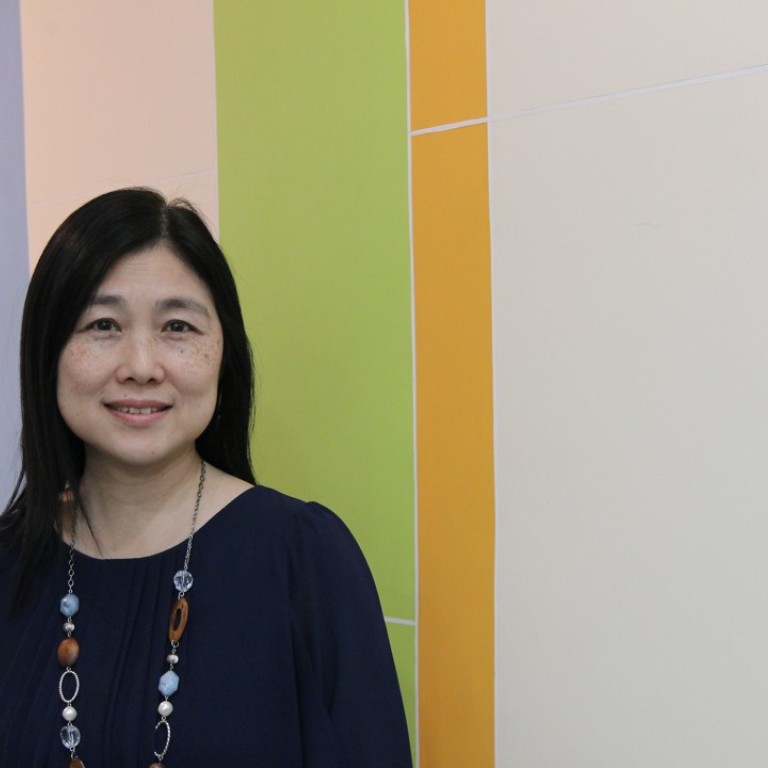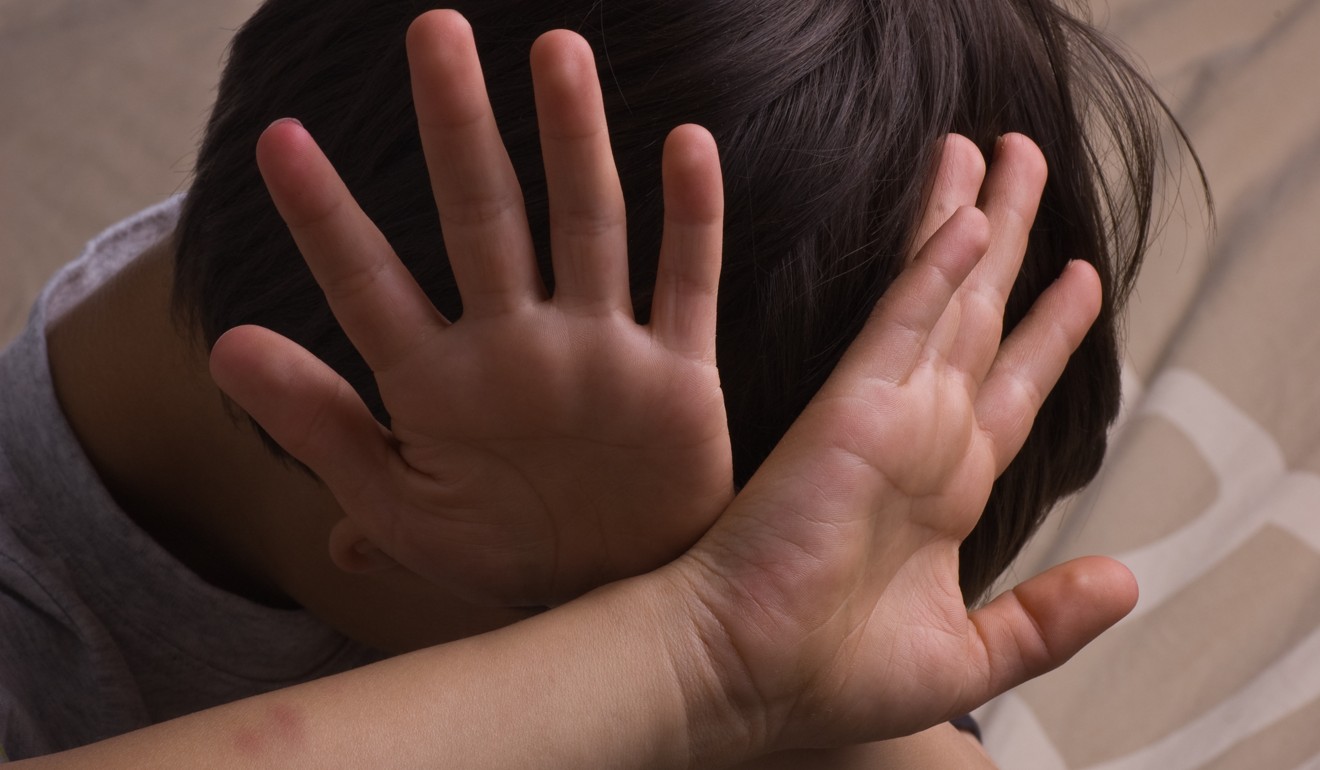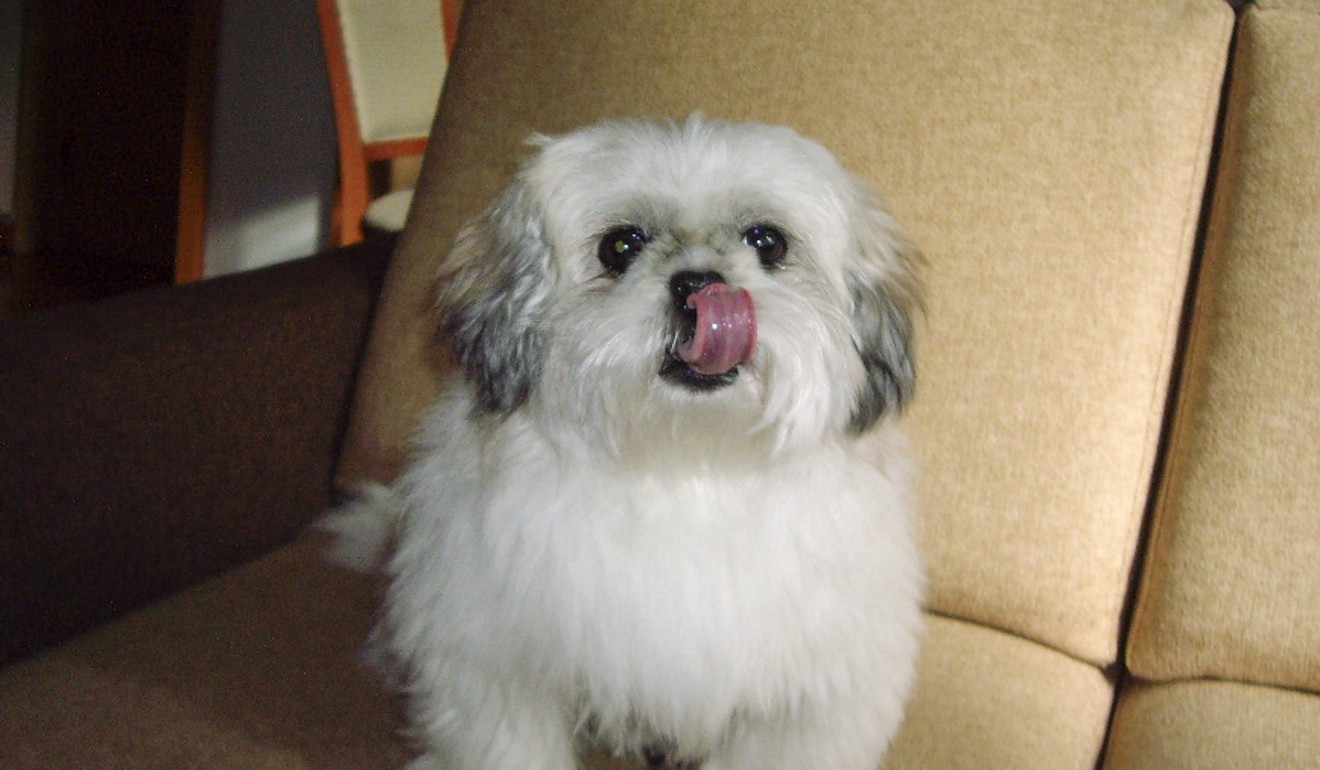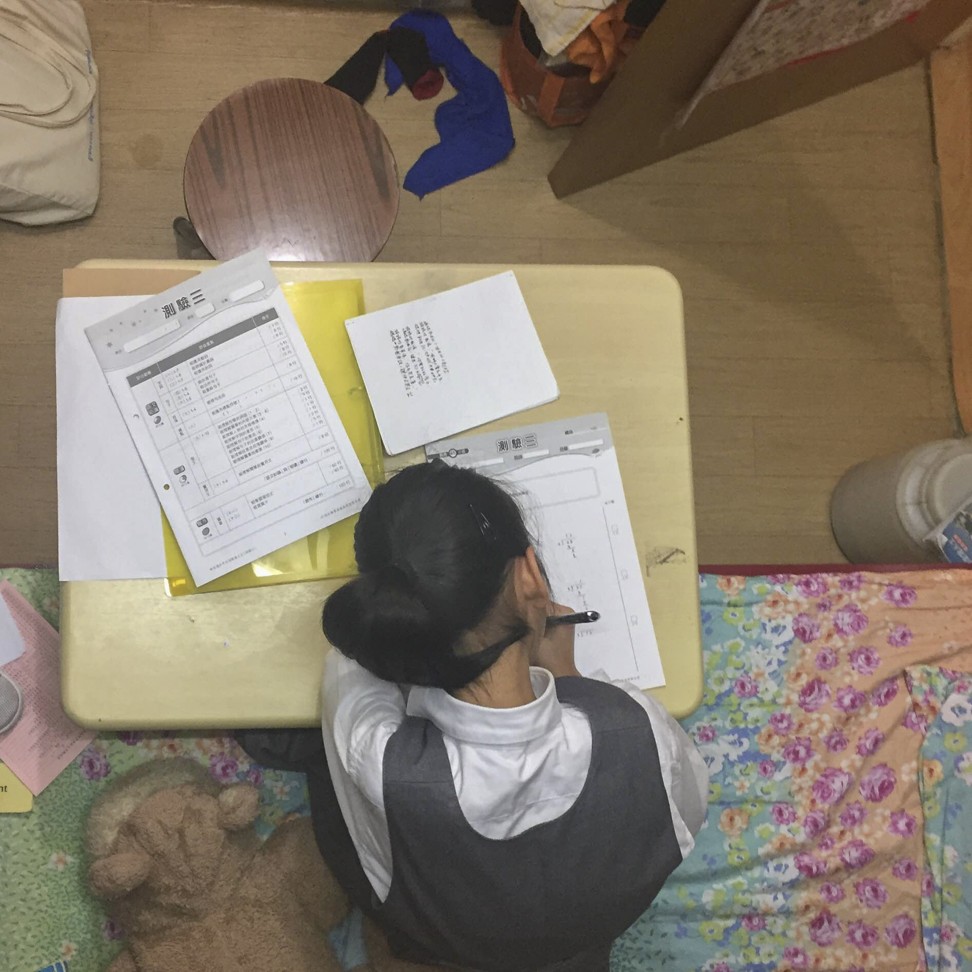
Violence is not parenting, Hong Kong child advocate says amid rise in physical abuse cases
Social worker and mother also warns that low-income and immigrant families most in need of help from a city whose data and regulations are inadequate
With hundreds of children in Hong Kong being abused every year, mostly by their parents, child protection advocate Donna Wong Chiu-ling thinks it’s important to drive home the message that harsh discipline is not only abusive but also inflicts serious physical and mental damage.
“In traditional Chinese culture, many parents think that sparing the rod means spoiling the child,” says Wong, 49, acting director of the charity Against Child Abuse. “They treat their children like their property … and have forgotten the fact that they’re independent individuals.”

Yet the tragedy is just the tip of the iceberg as government figures show the number of child abuse cases has risen over the past three years. In 2016, the Child Protection Registry recorded 892 cases, mainly involving physical abuse. That continued a rising trend as the city recorded 874 cases in 2015 and 856 in 2014.
Wong observes that some parents still use old-school corporal punishment to discipline children, and she claims the legal system is inadequate when it comes to protecting them. She warns that physical punishment could escalate into child abuse, hurting the child’s body as well as their self-esteem.
Modern parenting consists of listening to children’s needs, she adds.
In Hong Kong, most child abuse victims suffer at hands of parents
“We, as adults, would feel offended if we were assaulted,” the mother of two adult sons says. “Then why would some of us think beating a child is OK?”
You’re a registered social worker who’s been involved in child protection work for a long time. Why did you take up this career?
I think children’s minds are just like a blank piece of paper and susceptible to outside factors. I want to influence our next generation in a positive way and help them shine. That is why I’ve spent many years in child-related work. I first started my career as a primary schoolteacher, and then, I spent around 10 years promoting sex education. In 2009, I joined Against Child Abuse.
But leading the child protection agency isn’t easy. During my first two years here, I easily get upset seeing all these children being physically abused. It was especially upsetting as a parent. I won’t deny that I’m quite an emotional person. I sometimes can’t hold back my tears, and my heart aches when I see the injuries and scars of young victims. I can never understand how someone could do this to a child.
What is it like being a mother of two sons and leading one of the city’s largest child protection agencies? Like many working parents in Hong Kong, I didn’t have a lot of time for my kids when they were younger. Both my husband and I needed to work during the day, and we had to ask our parents to take care of them. But I often think that family time is more about quality than quantity. When I was there for my children, I didn’t just sit there; I listened and interacted with them as much as I could. I usually would avoid talking about school with them. I would let them decide what they wanted to tell me because this would allow me to better understand their feelings.
Now that my two sons are in their 20s, it seems less difficult for me to strike a balance between work and family. I can now devote most of my time to work. But my sons sometimes still joke that I should compensate them because I’m always at work.
What’s the most memorable case you’ve handled at the charity?
It happened not long after I joined the charity in 2009, when I was largely involved in investigative work. I remember receiving this case of a little boy, and I saw more than 20 injuries on his body when he was asked to lift his shirt. There were both old and new wounds, which meant the abuse had been regular rather than a one-time punishment. Most of his injuries were on his back and backside. His life could have been at risk had no one reported to us.
Children are independent individuals who have their own rights – the right to speak and to be protected
This type of case showed the dark side of physical punishment. In traditional Chinese culture, many parents still adhere to the belief that ‘sparing the rod means spoiling the child’ and treat their children as their property and that they can do whatever they want. They seem to have forgotten the fact that children are independent individuals who have their own rights – the right to speak and to be protected.
The annual number of reported physical child abuse cases has never dropped below two digits over the past two decades. Why do you think there has been little improvement?
The idea that beating your child would do them good is totally outdated
Another problem is the lack of a centralised database to help design a pro-child policy. According to government data, the number of child abuse cases is the highest in Yuen Long, followed by Tuen Mun and Kwun Tong. The overall situation hasn’t improved much in these districts over the years. But if you asked me what went wrong in these areas and what the needs of those families were, I couldn’t tell you. We currently lack comprehensive data to evaluate the problems. And since no such data exists, how can the government come up with comprehensive pro-child policies?
The law in Hong Kong bars schoolteachers and centres that take care of children under the age of six from physically punishing children in their care, but there are places such as homes that fall outside the legal scope. Is there a need to change the law?
I think the current legislation should be extended to cover homes. As I’ve said, many parents espousing traditional values still think it’s all right to hit their children. But the idea that beating your child would do them good is totally outdated in modern society. It’s not hard to imagine that physical punishment not only affects a child’s physical health but also their mental well-being. Such punishment effectively reduces a child’s self-esteem, causing them to live in fear every day. Some studies have also suggested that these abused children could become abusers when they grow up as they have an incorrect impression that violence is the ultimate solution.
Hong Kong welfare minister pledges action on child abuse after shocking death of girl, 5
That’s why I think it’s necessary to change the law. But when I say the law should be extended to the family level, that’s not to say I want to put all abusive parents behind bars. I’m only suggesting educating parents who have used physical punishment on their children to learn about proper parenting and have them closely monitored by social workers until the situation has improved. The point is to deliver a strong message to society that physical punishment is a form of violence, not parenting.
What kind of family is at risk of child abuse and how should the government help them?
Single-parent, low-income and newly immigrated families are at a higher risk of child abuse than other families because social support for them is generally insufficient. For instance, the average waiting time for government child care services is between four and five months and this unquestionably puts a lot of pressure on single parents, who have to balance between work and childcare that is understandably highly stressful. The most direct way to help these families is through government subsidies such as cash handouts to alleviate their financial burden. The government should also allocate more resources to increase day-care centres and hence shorten the waiting time for such places.
And a few light-hearted questions...
Are you a cat or dog person?
I’m a dog person! I have a 15-year-old Shih Tzu. She is quite chubby, so we named her “Fei Mui,” which means fat girl in Cantonese.
What is your favourite place to visit?
New Zealand and Switzerland because they are less fast-paced and more relaxing than Hong Kong. I can chill and absolutely do nothing when I go on vacation. I especially like the natural environment of New Zealand. There, I can lie on the grass and watch the sky and sheep roaming around. I also like going to Japan and Taiwan because of their food.

What is your favourite kind of music?
You might find it surprising but I really like Cantonese opera. When I was a child, I’d dress up, wrap myself in a blanket and pretend to be an opera singer. It’s hard to explain my love for Cantonese opera but I like Chinese culture very much. Chinese history was my favourite subject when I was a student.
What do you and your family usually do for fun?
We play badminton and go hiking. When my sons were younger, we sometimes played board games at home.
What is your favourite cuisine?
I like Taiwanese, French, Japanese and Chiu Chow food.


